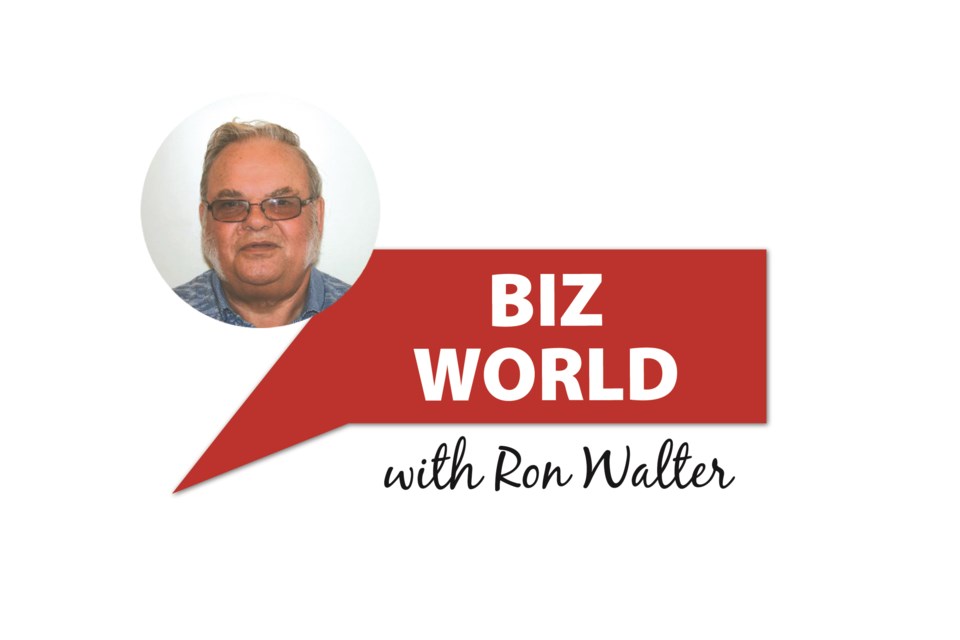A set of resources called critical minerals has become one of the next big things in investing.
The minerals are crucial to development of electric vehicles and continued growth of electronics, ceramics, glass and nuclear medicine industries.
They range from lithium to cobalt, chromium, graphite to a series of rare earth minerals.
This Bizworld column will review two early stage critical minerals companies in Canada.
Defense Metals Corporation of Vancouver has discovered a major deposit of rare earth minerals 80 kilometres north of Prince George, B.C., in an area with lots of labour, and easy access to power roads and rail.
Drilling has outlined five million tonnes indicated resources and 29.5 million tonnes inferred resources.
Inferred and indicated resources are the lowest levels of confidence in deposits. Substantially more drilling is required to get to measured, probable and proven resource status, at which point bankers will consider financing the project.
Meanwhile, Defense is meeting another hurdle. A bulk sample of ore is being processed to prove the minerals can be separated from the ore for use by industry. Initial results are promising, with recovery of 79 per cent to 80 per cent of rare earth elements.
Next year a commercial demonstration plant is planned to scale up production from the open pit mine.
Currently priced at 26 cents Defense Metals is listed on the TSX Venture Exchange, the USA over-the-counter exchange and the Frankfurt, Germany stock exchange.
Avalon Advanced Materials of Toronto has been developing rare earth mineral resources for more than a decade with a proven deposit in the Northwest Territories that has a lucrative 90-year mine life.
Access is by barge in summer, ice road in winter. That and the $1.6 billion capital cost has forced Avalon to shelve that project.
The focus is on developing the Separation Rapids lithium/feldspar deposit north of Kenora, Ont.
This deposit’s feasibility will move ahead or stop with processing of a bulk sample this year to see if the resource can be viably separated, and completion of a pre-feasibility study.
In connection with this deposit and others in the region, Avalon plans in 2025 to build a battery metals plant in Thunder Bay.
Two other significant projects are the Lilypad cesium deposit north of Kenora and the East Kemptville tin deposit in Nova Scotia where millions of tonnes of mine waste still contain economic amounts of tin.
At 13 cents a share Avalon is still far from being necessary in one’s stock portfolio. Nor is Defense Metals a necessary buy — except for the really patient long—long—term investor.
With penny stock prices and plenty of outstanding shares both companies will need deep-pocketed partners and are ripe for take-overs by Chinese companies which already produce over 60 per cent of global critical minerals.
Both need millions of development work to get to the financing state.
Hopefully North American or European partners can be found to ensure the security of supply for Canada.
CAUTION: Remember when investing, consult your adviser and do your homework before buying any security. Bizworld does not recommend investments.
Ron Walter can be reached at ronjoy@sasktel.net.
The views and opinions expressed in this article are those of the author, and do not necessarily reflect the position of this publication.




